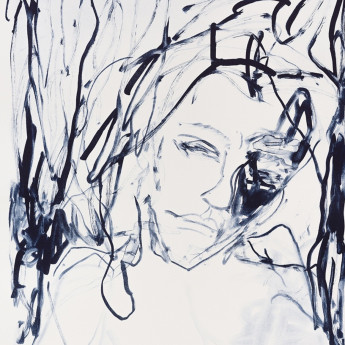
Details
Artist
Styles
Materials: wooden fiber boards // Construction Module Tate Modern M8-D53-14022005 C by Jan De Cock is a minimalist wooden sculpture created in 2005, crafted from wooden fiber boards. This modular structure features clean lines, simple geometric forms, and an industrial aesthetic. Resembling a functional piece of furniture or a storage unit, it blurs the boundaries between sculpture and practical design. The boxy construction and unembellished surfaces evoke themes of utility and spatial presence, inviting viewers to consider the interaction between art, architecture, and everyday objects. De Cock’s work often explores modularity and repetition, reflecting on how structures occupy space and the role of minimalism in contemporary art.
Construction module Tate Modern M8-D53-14022005 C, 2005
form
Medium
Size
108.2 x 61.7 X 63.1 cm
- Inches
- Centimeters
Edition
Price
Details
Artist
Styles
Materials: wooden fiber boards // Construction Module Tate Modern M8-D53-14022005 C by Jan De Cock is a minimalist wooden sculpture created in 2005, crafted from wooden fiber boards. This modular structure features clean lines, simple geometric forms, and an industrial aesthetic. Resembling a functional piece of furniture or a storage unit, it blurs the boundaries between sculpture and practical design. The boxy construction and unembellished surfaces evoke themes of utility and spatial presence, inviting viewers to consider the interaction between art, architecture, and everyday objects. De Cock’s work often explores modularity and repetition, reflecting on how structures occupy space and the role of minimalism in contemporary art.
- Recently Added
- Price (low-high )
- Price (high-low )
- Year (low-high )
- Year (high-low )
What is Found Object?
A found object is a term used to describe a man-made or natural object, or a fragment of one, that an artist discovers or purchases and keeps for inspiration or as a work of art. The artist may also modify the object or incorporate it into a collage or assemblage, transforming it into a new piece of art.

















